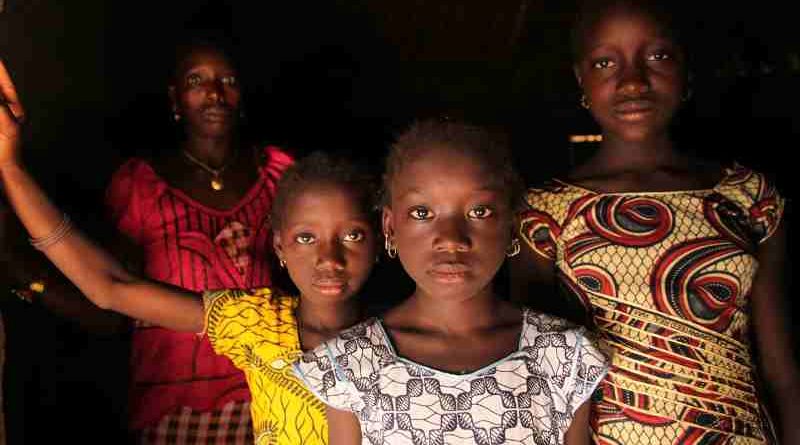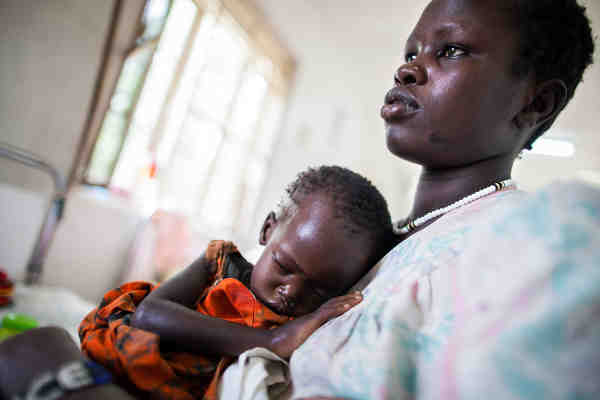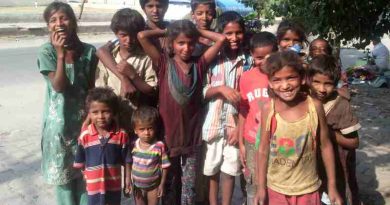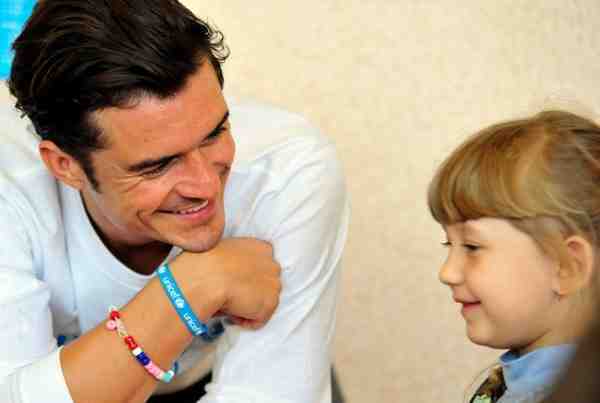How to End Female Genital Mutilation (FGM) by 2030
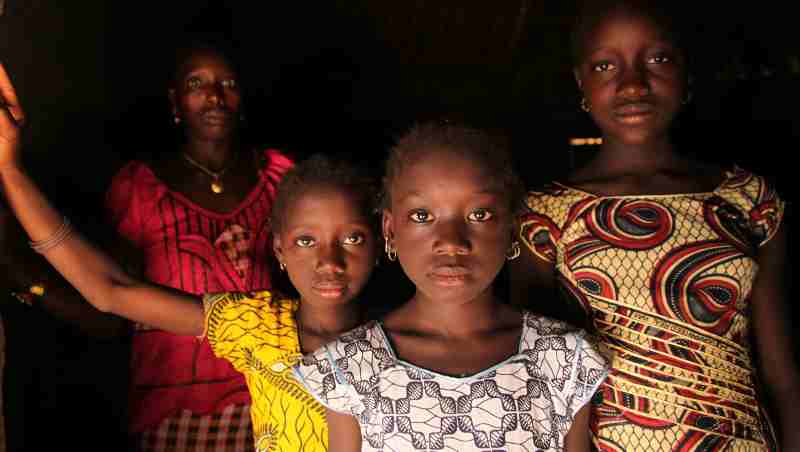
The Sustainable Development Goals adopted by the UN General Assembly in September 2015 include a target calling for the elimination of all harmful practices such as female genital mutilation (FGM) and child marriage by 2030.
FGM irreparably damages girls’ bodies, inflicting excruciating pain, and it causes extreme emotional trauma that can last a lifetime. It also increases the risk of deadly complications during pregnancy, labour and childbirth, endangering both mother and child.
“FGM robs girls of their autonomy and violates their human rights,” said UNFPA executive director Dr. Babatunder Osotimehin and UNICEF executive director Anthony Lake today on the 2017 International Day of Zero Tolerance for FGM.
UNICEF’s research reveals a possible link between a mother’s education and the likelihood that her daughter will be cut. Among the 28 countries with available data, around 1 in 5 daughters of women with no education have undergone FGM, compared to 1 in 9 daughters with mothers that have at least a secondary education.
At least 200 million girls and women alive today in 30 countries around the world have undergone FGM – a range of procedures that can cause extreme physical and psychological pain, prolonged bleeding, HIV, infertility and death.
UNICEF and UNFPA co-lead the largest global programme to encourage elimination of FGM. It currently supports efforts in 17 countries – working at every level, from national to communities.
In 2016, more than 2,900 communities, representing more than 8.4 million people living in countries where UNFPA and UNICEF work jointly to end FGM, declared they had abandoned the practice.
Photo / Video courtesy: UNICEF
💛 Support Independent Journalism
If you find RMN News useful, please consider supporting us.

